It's such a strange occurrence. I can go to the same page three times, and 1 out of those 3 times, the page will throw an error.
Is this a common thing amongst rails applications? Is this caused by me having an incorrect setting somewhere for caching?
I understand that there isn't much context here, but I feel like it's a common occurrence.
I can't exactly copy paste my entire application.
My error logs read:
ActiveRecord::ConnectionTimeoutError (could not obtain a database connection within 5.000 seconds (waited 5.000 seconds)):
activerecord (4.2.1) lib/active_record/connection_adapters/abstract/connection_pool.rb:189:in `block in wait_poll'
activerecord (4.2.1) lib/active_record/connection_adapters/abstract/connection_pool.rb:180:in `loop'
activerecord (4.2.1) lib/active_record/connection_adapters/abstract/connection_pool.rb:180:in `wait_poll'
activerecord (4.2.1) lib/active_record/connection_adapters/abstract/connection_pool.rb:135:in `block in poll'
/usr/local/rvm/rubies/ruby-2.2.1/lib/ruby/2.2.0/monitor.rb:211:in `mon_synchronize'
activerecord (4.2.1) lib/active_record/connection_adapters/abstract/connection_pool.rb:145:in `synchronize'
activerecord (4.2.1) lib/active_record/connection_adapters/abstract/connection_pool.rb:133:in `poll'
activerecord (4.2.1) lib/active_record/connection_adapters/abstract/connection_pool.rb:425:in `acquire_connection'
activerecord (4.2.1) lib/active_record/connection_adapters/abstract/connection_pool.rb:349:in `block in checkout'
/usr/local/rvm/rubies/ruby-2.2.1/lib/ruby/2.2.0/monitor.rb:211:in `mon_synchronize'

